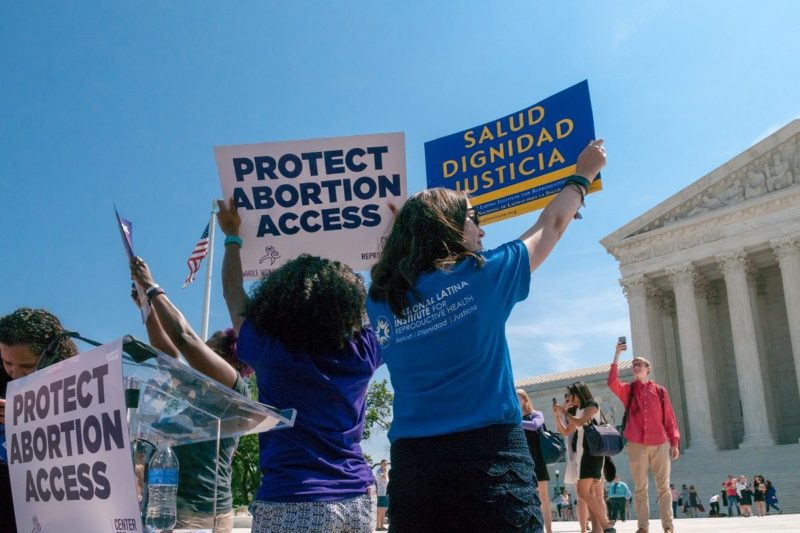Gavel Drop: Welcome to the New World After ‘Whole Woman’s Health’
With the recent U.S. Supreme Court ruling, change may be afoot—even in some of the reddest red states. But anti-choice laws are still wreaking havoc around the world, like in Northern Ireland where women living under an abortion ban are turning to drones for medication abortion pills.

Welcome to Gavel Drop, our roundup of legal news, headlines, and head-shaking moments in the courts.
The New York Times published a map explaining how the U.S. Supreme Court’s ruling in Whole Woman’s Health v. Hellerstedt could affect abortion nationwide.
The Supreme Court vacated the corruption conviction of “Governor Ultrasound:” Former Virginia Gov. Bob McDonnell, who signed a 2012 bill requiring women get unnecessary transvaginal ultrasounds before abortion.
Ian Millhiser argues in ThinkProgress that Justice Sonia Sotomayor is the true heir to Thurgood Marshall’s legacy.
The legal fight over HB 2 cost Texas taxpayers $1 million. What a waste.
The Washington Post has an article from Amanda Hollis-Brusky and Rachel VanSickle-Ward detailing how Whole Woman’s Health may have altered abortion politics for good.
A federal court delayed implementation of a Florida law that would have slashed Planned Parenthood’s funding, but the law has already done a lot of damage in Palm Beach County.
After the Whole Woman’s Health Supreme Court ruling in favor of science and pregnant people, Planned Parenthood is gearing up to fight abortion restrictions in eight states. And we are here for it.
Drones aren’t just flying death machines: They’re actually helping women in Northern Ireland who need to get their hands on some medication abortion pills.
Abortion fever has gone international: In New Zealand, there are calls to re-examine decades-old abortion laws that don’t address 21st-century needs.
Had Justice Antonin Scalia been alive, explains Emma Green for the Atlantic, there would have been the necessary fourth vote for the Supreme Court to take a case about pharmacists who have religious objections to doing their job when it comes to providing emergency contraception.
